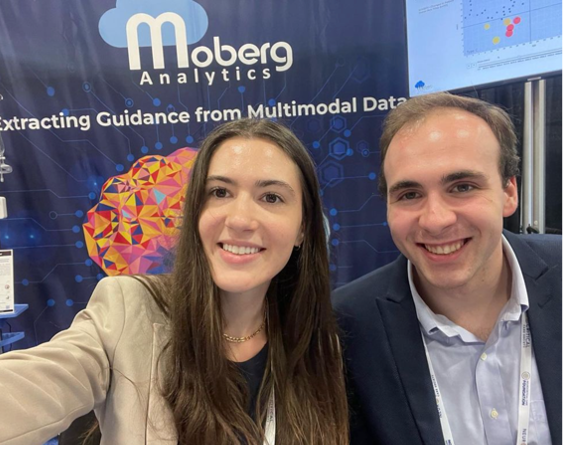
Name: Ethan Jacob Moyer
Senior, BS Biomedical Engineering
At 16, I was one of 1,700 high school students from 80 countries around the world that were invited to the 2016 Intel International Science and Engineering Fair (ISEF) in Phoenix, Arizona. On top of meeting many lifelong friends, I was lucky to see at such a young age how big the world really is.
This past summer, I had the pleasure of visiting Arizona again. Same hotel. Same convention center. Same dry, 110-degree heat. Instead of presenting a high school freshman year science fair project, I was selling my first FDA-registered medical device. I could feel the supercharged excitement of a younger self—much of which I must thank for bringing me to Drexel. Although I might now be solving problems different than those I solved seven years ago, the world is still very, very big.
While at Drexel, I’ve realized that more often than not, life really does come full circle.
Life really changed for me when I came to Drexel University in 2019. I joined the BIOMED family with an overwhelming interest in design, bioinformatics, modeling, and software engineering. These interests were complimented by my co-op experience at a start-up called Moberg Analytics nearly a year later. My role at Moberg began as a software engineer to help clinicians and neurointensivists manage brain-injured patients. Within eight months, I was asked to lead our software team in the development of a cloud-based platform for several top clinical trials and hospital medical record systems, including the Children’s Hospital of Philadelphia (CHOP) and the University of Cincinnati Medical Center.

My co-op never really ended after it began. Despite my original plan, I decided to sacrifice two terms of classes, four minors, and a master’s degree at Drexel to work full-time for nearly three years straight. What drives me to work every day is an ambitious vision of the future that I share with my mentor, Dick Moberg. Together, with our now 15+ person company, we are developing the future of a young field known as neurocritical care.
We collaborate with some of the leaders in neurocritical care on algorithms, management guidelines, and software tools that enable clinicians, neurointensivists, neurosurgeons, and anesthesiologists to help provide precision management to their brain-injured patients. From the Brain Physics Lab at the University of Cambridge to the Neurology and Neurosurgery Department at the University of California at San Francisco, our international team of researchers pushes the boundaries of science.
Because our outreach is international, I have had plenty of opportunities to travel, all of which are key memories of mine. In 2022, I had the opportunity to give a platform presentation on a research version of our cloud platform at the 2022 International Neurotrauma Society meeting in Berlin, Germany, where I was approached by many doctors in Europe who are now close friends.
My most memorable travel experience was when I visited Europe again this past month. We exhibited as a company at the International Conference of Spreading Depolarizations in Szeged, Hungary. Our software presentation was accepted with significant enthusiasm, leading to many potential leads at several top university hospitals in Europe. The weekend following this business trip, I met up with my parents in Vienna, Austria. I was honored to share that moment, especially with my mom, and I look forward to what life will bring next.